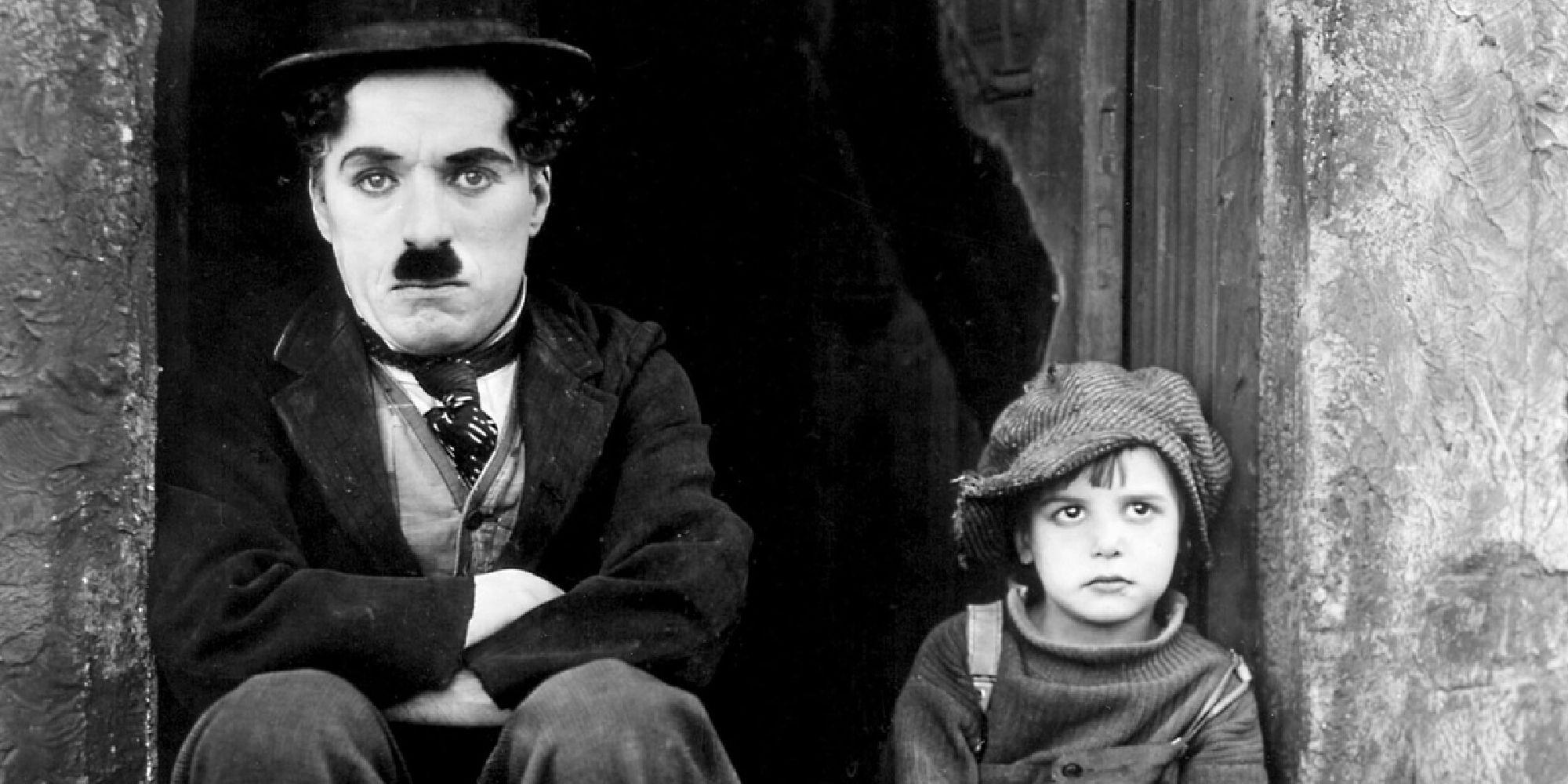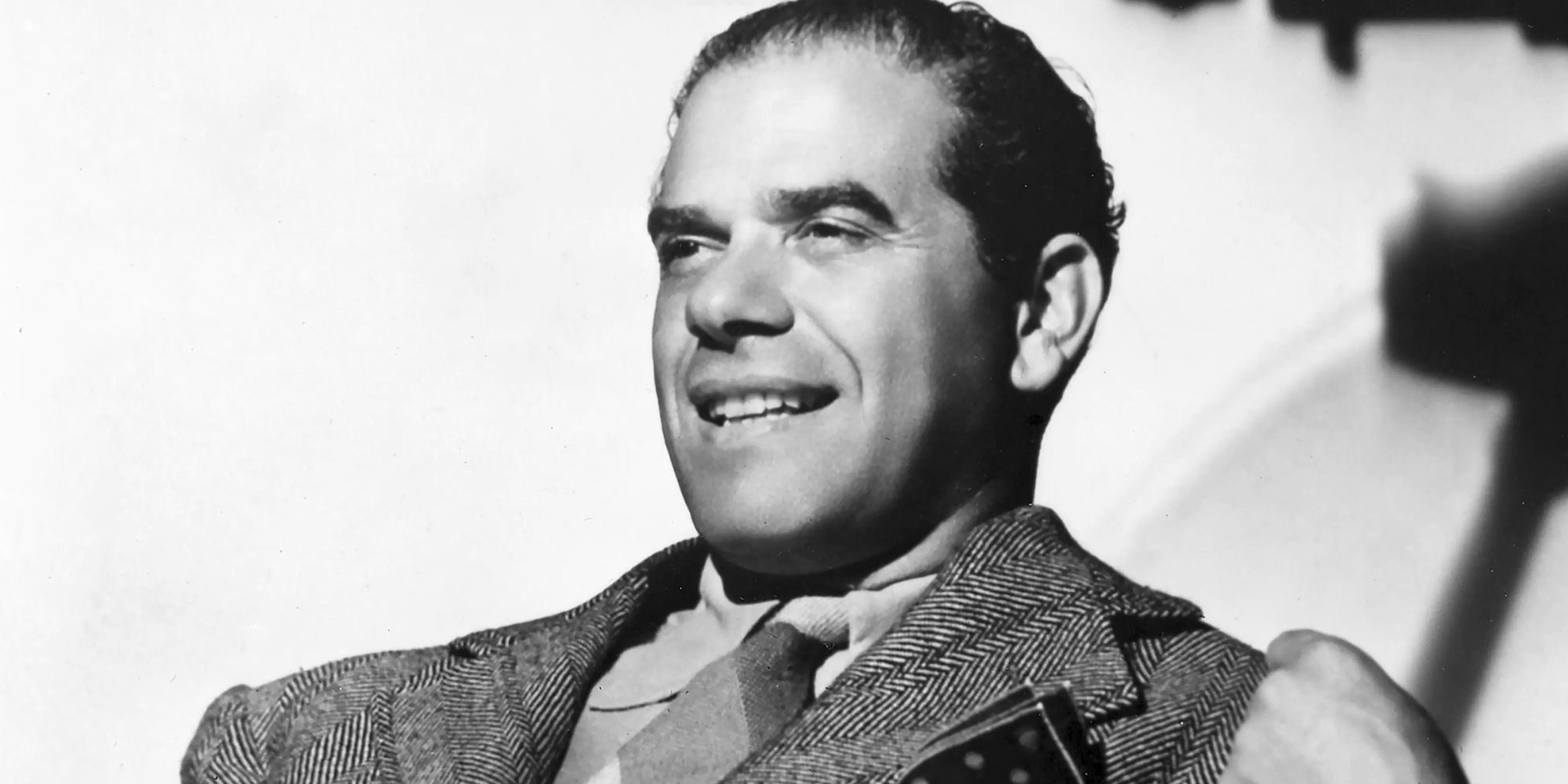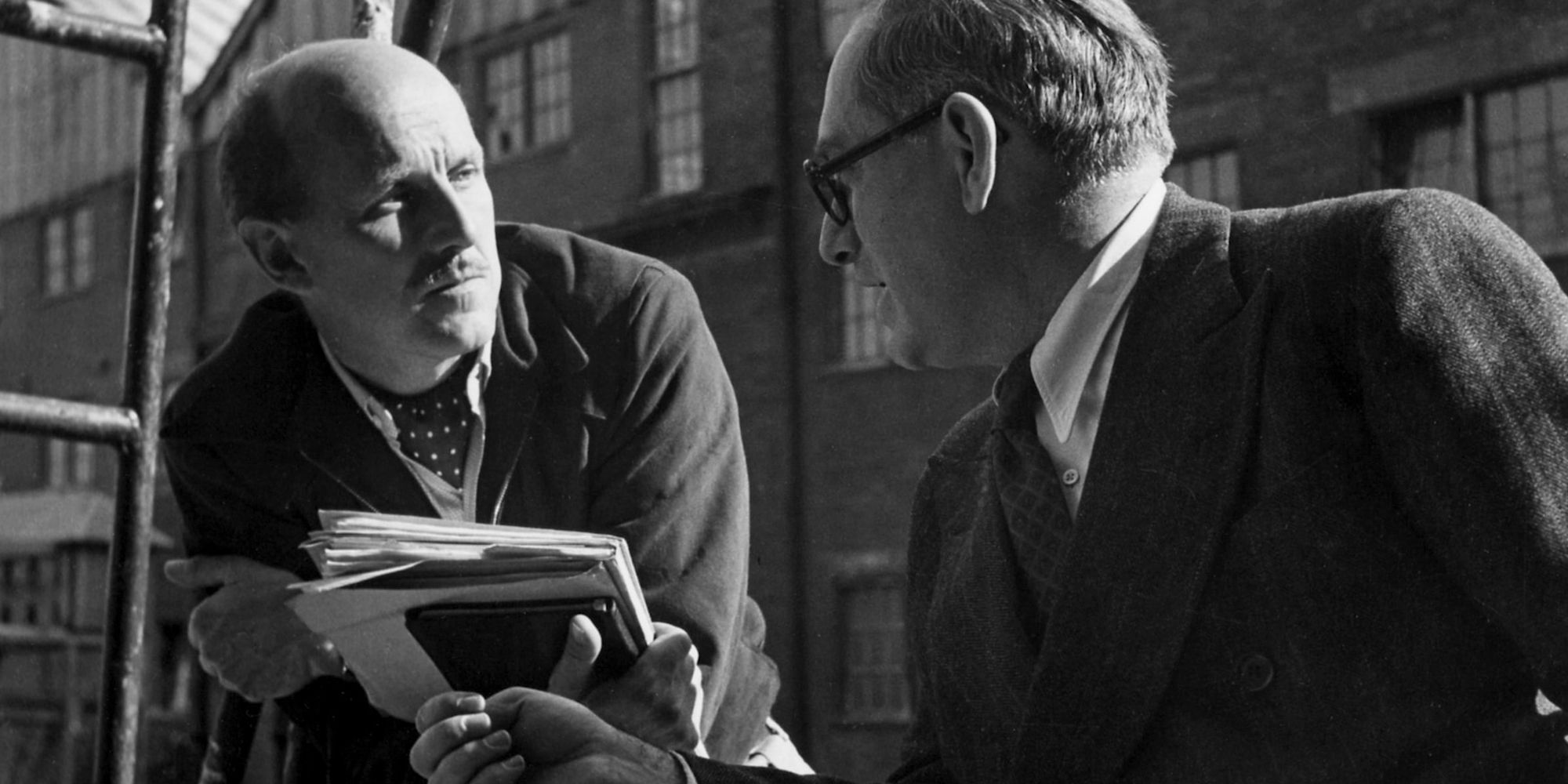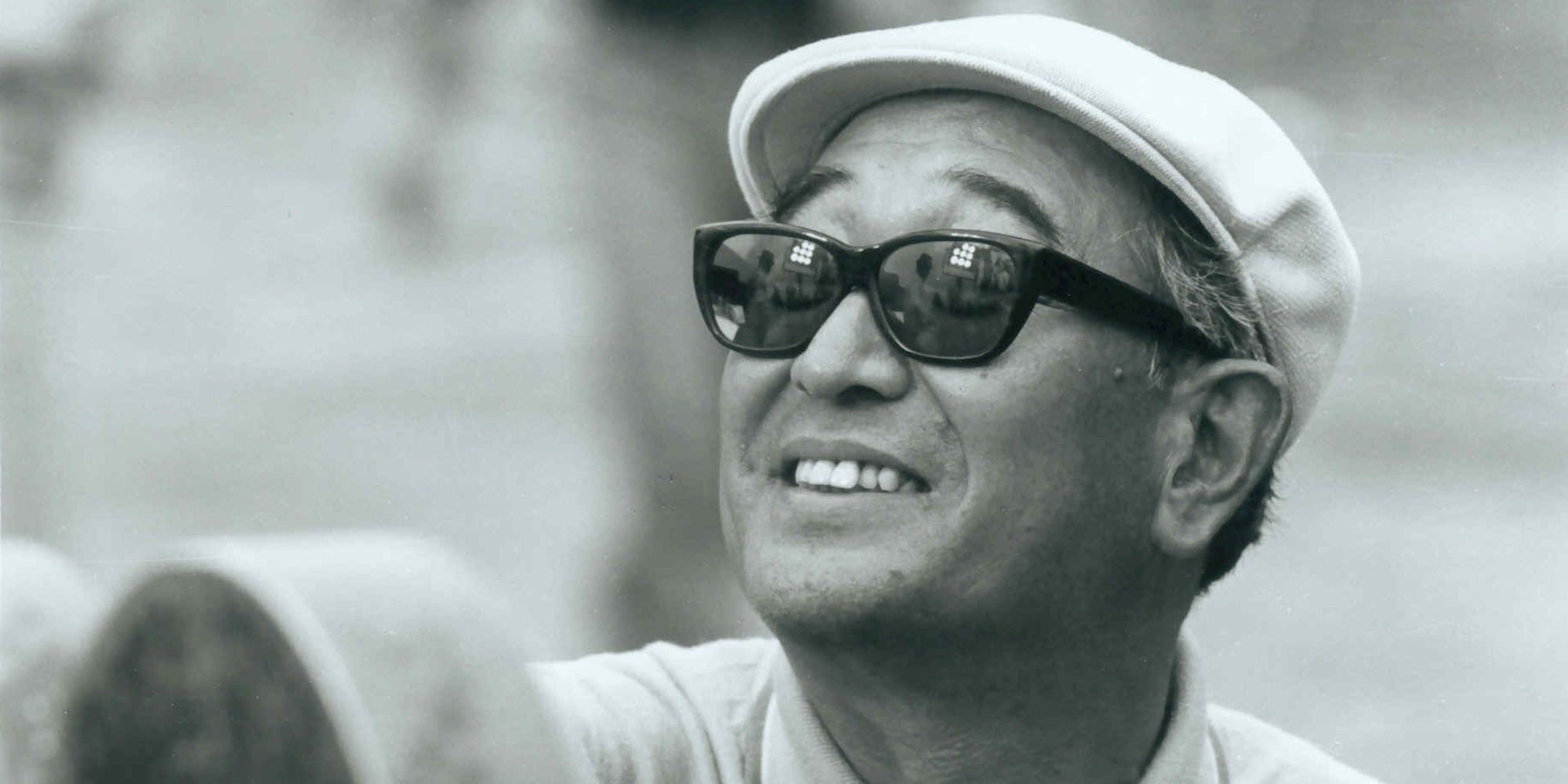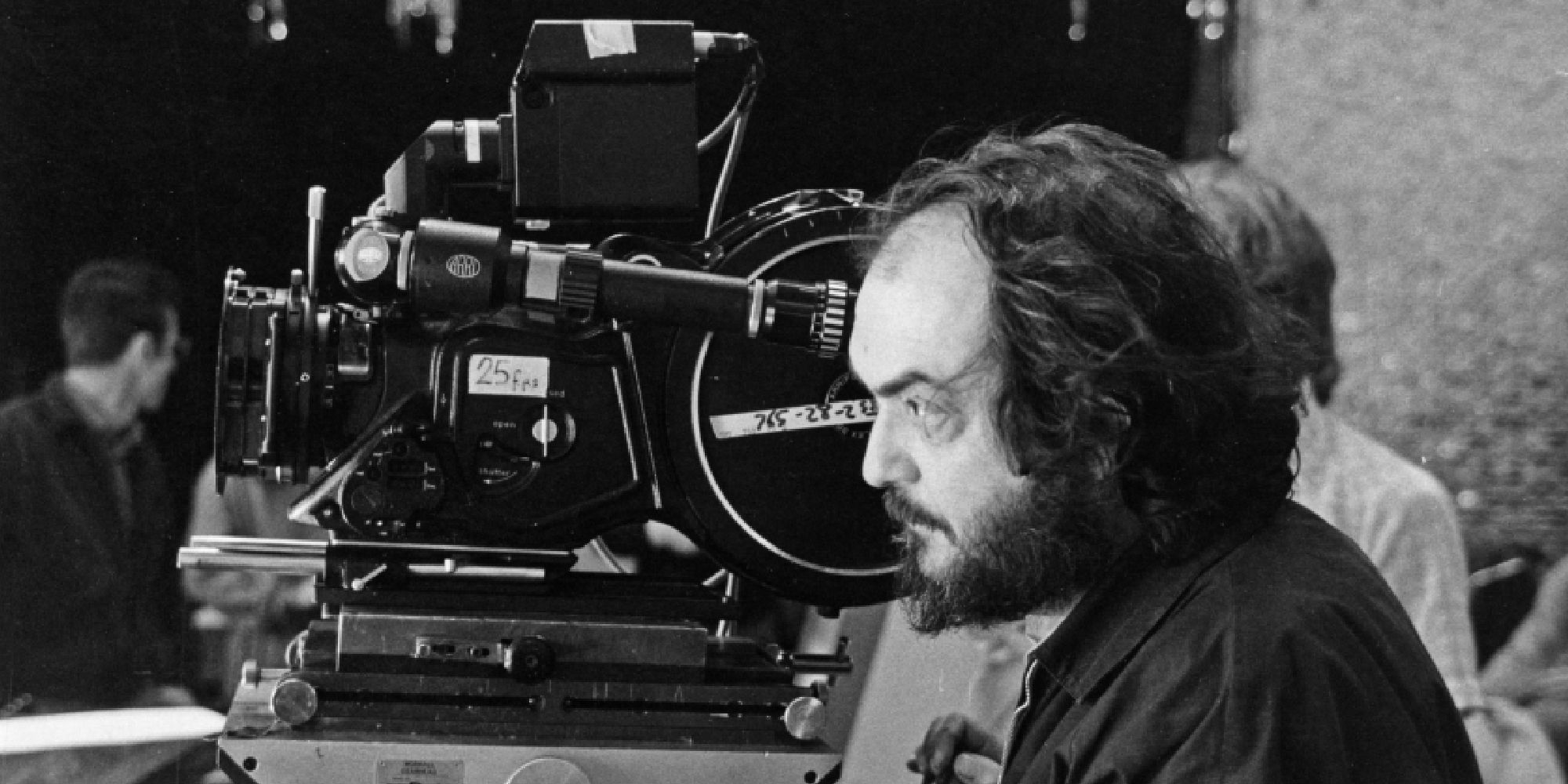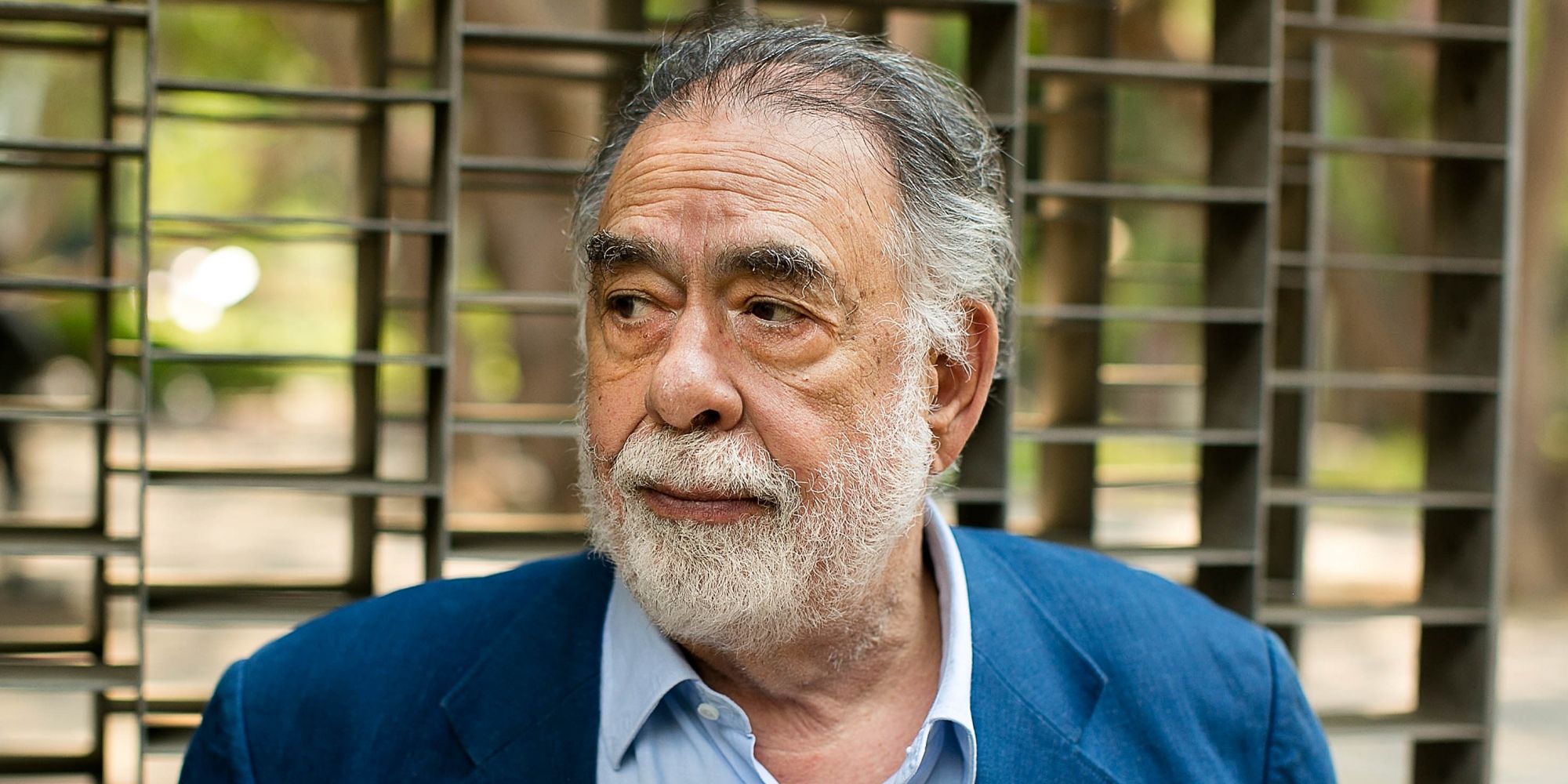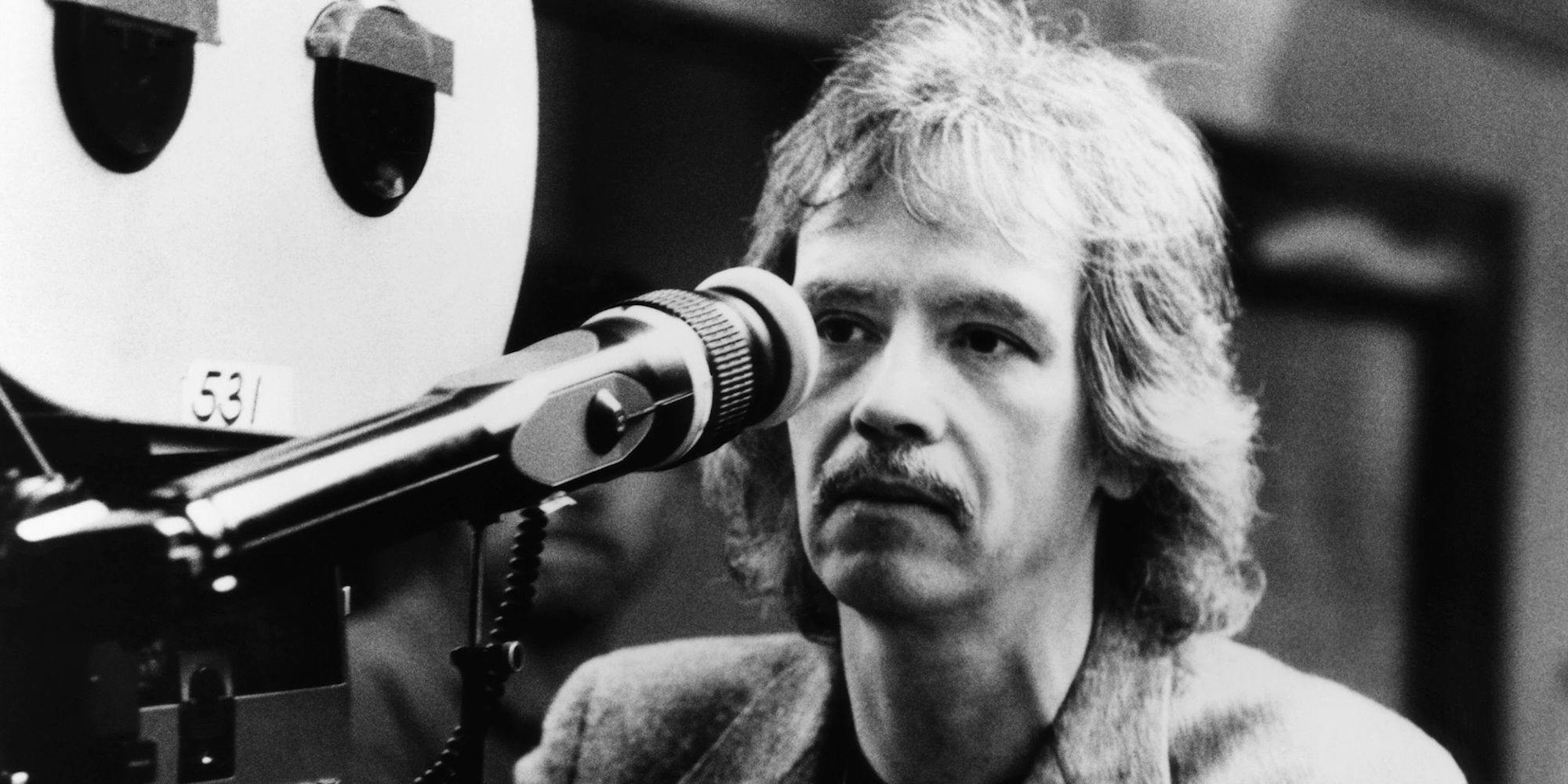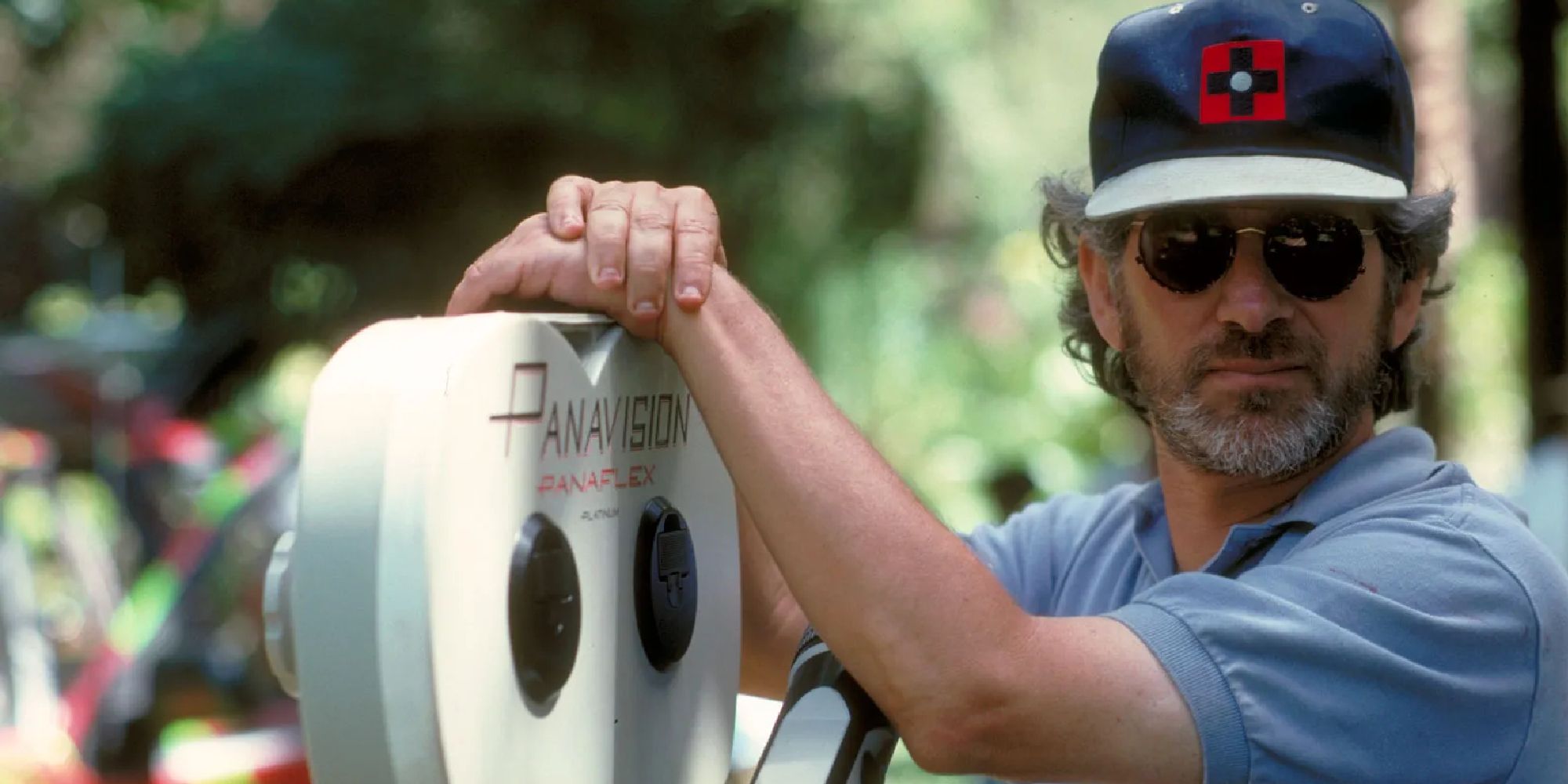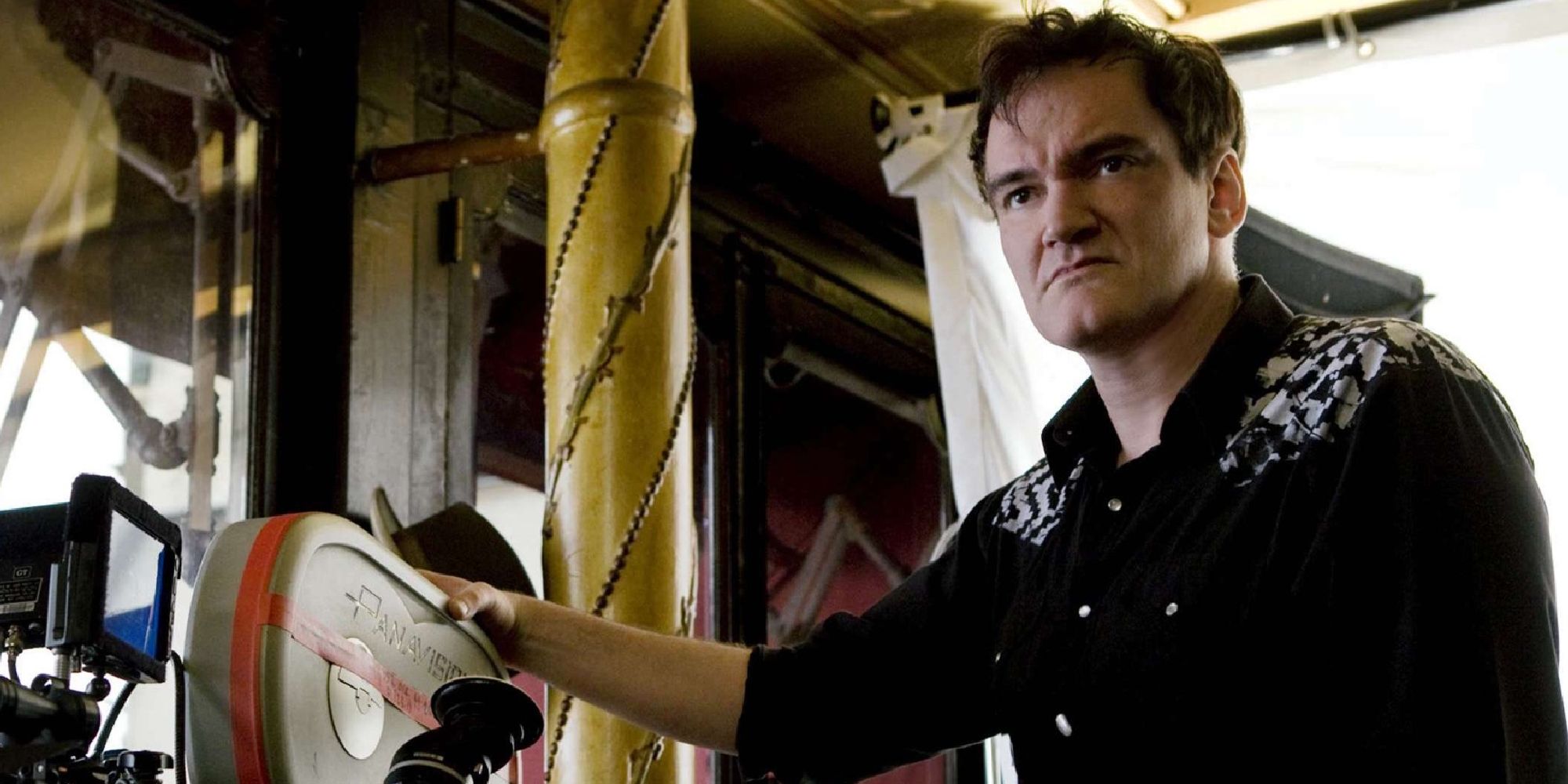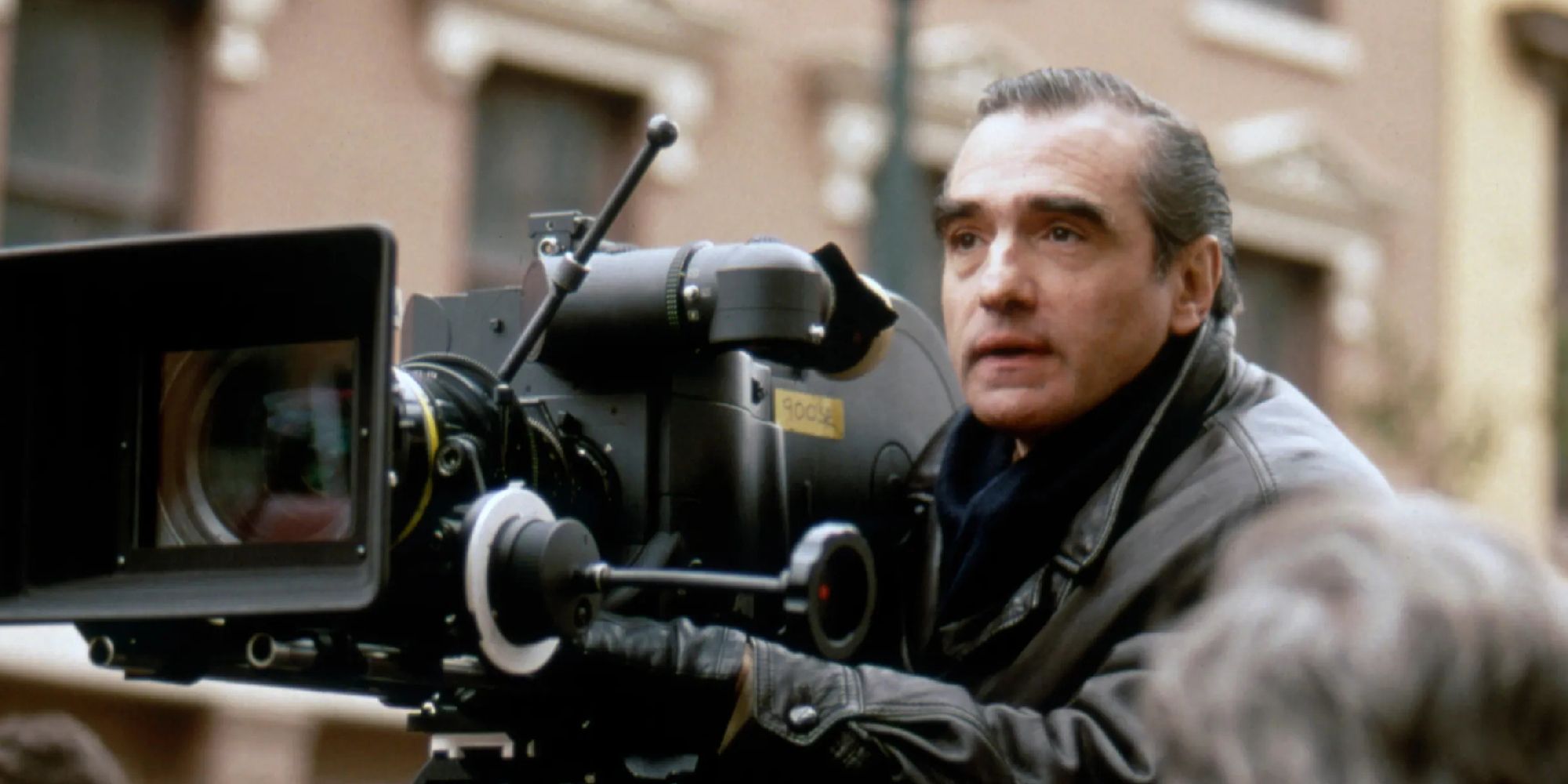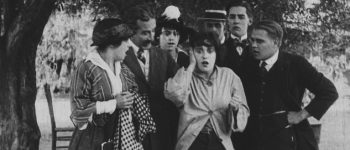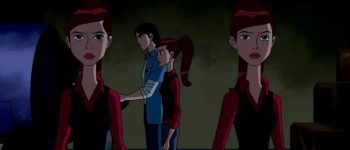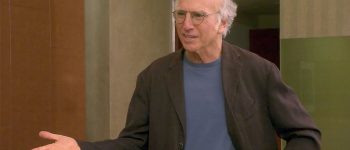Each era has its leading directors, but sometimes one filmmaker is a cut above the rest. More than any of their peers, these directors push the boundaries the hardest, reshape the medium and produce work that lasts.
Redditors recently got together on r/movies, the largest film subreddit, to discuss which directors were the best of each decade. Their picks include some of the medium’s finest storytellers, whose filmographies are well worth diving into if you haven’t already.
10 1920s — Charlie Chaplin
“Chaplin for the ’20s,” said user Random_n1nja. It’s hard to argue. Charlie Chaplin directed seven films that decade, including successful and influential works like The Kid (which revealed new emotional depth for the performer) and The Gold Rush (a wonderful showcase of his physical comedy). 1923’s The Pilgrim and 1928’s The Circus are also now held in high regard.
Chaplin’s 1920s work successfully melded comedy and pathos in a way that transcended language barriers — and eras. His character, The Tramp, became one of the most recognized images on the planet. Even today, his movies remain more accessible and watchable than most others from that period.
9 1930s — Frank Capra
Several Redditors named Frank Capra as the leading director of the 1930s. Indeed, Capra was huge at the time, dominating both the box office and the award circuit. He was nominated for the Best Director Oscar six times that decade, winning three times. His most notable movies from that period are It Happened One Night, Mr. Deeds Goes to Town, You Can’t Take It With You, and Mr. Smith Goes to Washington.
Capra was one of America’s defining 20th-century mythmakers, whose stories helped shape ideas of what the country was and ought to be. One of the most impactful filmmakers of Hollywood’s golden age, he influenced everyone from Steven Spielberg to David Lynch.
8 1940s — Powell and Pressburger
see more : The 10 Best ‘Strays’ Characters, Ranked by Likability
User tenonatheme and Redditor LCX001 selected this directing duo as the best of the ’40s. Michael Powell and Emeric Pressburger, often referred to as “The Archers,” were a trailblazing team of filmmakers who consistently pushed the boundaries of narrative and visual style. Much of their 1940s work is frequently ranked among the greatest films ever made, like A Matter of Life and Death, Black Narcissus, and The Red Shoes.
According to a 2010 Chicago-Sun Times editorial piece by Michael Mirasol, they have been cited as an influence by directors like George A. Romero, Francis Ford Coppola, and Martin Scorsese. Most recently, Greta Gerwig drew inspiration from The Red Shoes for Barbie.
7 1950s — Akira Kurosawa
Akira Kurosawa is far and away the defining figure of Japanese cinema, but his work also profoundly influenced the medium globally. The 1950s were his creative high point, in which he released classics like Rashomon, Ikiru, Seven Samurai, Throne of Blood, and The Hidden Fortress. His samurai films proved him capable of directing epic set pieces, while Ikiru reflects his more thoughtful and existentialist side.
A full seven Redditors in the thread named Kurosawa the best filmmaker of the 1950s. “I think Kurosawa’s movies are ageless. They could come out today and I’d sit in theaters without recognizing it being an older movie,” said user WillieMaysHayes24.
6 1960s — Stanley Kubrick
“[Stanley Kubrick‘s] best run would be the ’60s,” said user overthemountain. Kubrick’s ’60s movies are as varied as they are impressive. He began the decade with historical epic Spartacus, followed it up with psychological drama Lolita, pivoted to Cold War satire with Dr. Strangelove, and then topped it all off with 2001, one of the finest sci-fi films of all time.
Kubrick was a true master of his craft, and certainly in the running for best director of all time. Few other filmmakers combined such technical ambition with as sharp a social critique and or as dark a sense of humor. Few other filmmakers were as demanding in pursuit of their vision.
5 1970s — Francis Ford Coppola
The 1970s belonged to Francis Ford Coppola. Not many directors can top his run from ’72 to ’79: The Godfather, The Godfather Part II, The Conversation, and Apocalypse Now. Even the least revolutionary of these, The Conversation, is a minor masterpiece boasting one of Gene Hackman‘s all-time best performances.
“Coppola made four movies [in the 1970s] and three of them have legitimate arguments to be top 10 movies ever made and the other one won the Palme d’Or and was nominated for Best Picture. I’d say he’s the best lockout of anyone mentioned,” said user Dylan245.
4 1980s — John Carpenter
“[John] Carpenter‘s a great pick for ’80s,” said user WillieMaysHayes24. Carpenter was producing some of the most interesting (not to mention entertaining) work that decade. The Thing has been canonized as a horror classic, Big Trouble in Little China is a cult gem and They Live is one of the best sci-fi comedies ever.
Even his more uneven projects, like The Fog, Christine, Starman, and Prince of Darkness are a ton of fun. Although not always critically acclaimed at the time, Carpenter’s movies had a profound influence on the next generation of filmmakers, including Quentin Tarantino, Guillermo Del Toro, and Edgar Wright.
3 1990s — Steven Spielberg
Steven Spielberg is one of the most consistent filmmakers out there, so multiple decades could arguably belong to him, but his 1990s movies are probably the most creative and potent. Hook, Jurassic Park, Schindler’s List, Amistad, Saving Private Ryan: nary a dud among them.
“I’d vote Spielberg for ’90s. [Two] Oscars, arguably the best war and holocaust films ever made, and still had time to bang out Jurassic Park as one of the best blockbusters ever,” said user RyzenRaider.
2 2000s — Quentin Tarantino
User cmcb21 named Quentin Tarantino the best of the 2000s. His ’90s movies were more revolutionary and his projects in the 2010s more mature, but this Redditor felt that QT was beating out the competition in the aughts. That decade, he produced two fun-as-hell action spectacles in Kill Bill, an intriguing if uneven experiment with Death Proof, and one of the best World War II movies ever with Inglourious Basterds.
These movies showed that Tarantino’s signature blend of cinematic references, explosive violence, and nonlinear narratives had not worn out their welcome. If he doesn’t quit after his tenth movie as he claims, future decades could be his as well.
1 2010s – Martin Scorsese
User _uper_unnown chose Martin Scorsese as the maestro of the 2010s (although Redditor WillieMaysHayes24 said they “almost picked Scorsese for every decade.”) Like Spielberg, Scorsese has been remarkably consistent across a multi-decade career. Many fans will prefer his lean, mean ’70s movies or his iconic films from the 1980s, but the 2010s were also a fascinating (and terrific) period for Scorsese.
This decade saw him getting a little more experimental and diverse in the stories he sought to tackle. He delivered Shutter Island in 2010, then turned to the more fantastical and family-friendly Hugo, before going in the complete opposition direction with The Wolf of Wall Street. Then yet another 180-degree turn with religious epic Silence, before returning to the gangster genre with the sprawling The Irishman. The whole decade felt like Scorsese emphatically reminding us: “I’m still here, and I’ve still got it.”
Source: https://dominioncinemas.net
Category: Lists
